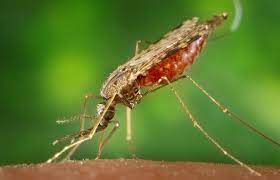It is another World Malaria Day (WMD) and one year after the World Health Organisation recommended two anti-malaria vaccines to prevent the mosquito-borne disease which afflicts more than 247 million people worldwide causing some 619,000 deaths annually.
Africa bears the highest burden of malaria attacks (more than 90% and loses more than USD$12 billion in unearned income) with pregnant women and children under age five as the most vulnerable groups.
Unsurprisingly Nigeria the most populous Black nation, has along with Ghana provisionally approved the use of R21/Matrix-M vaccine, with a 77% efficacy rate shown in initial trials and significantly higher antibody levels than the first vaccine – the RTS,S.
WHO member States instituted the WMD in 2007 to raise awareness, mobilize global action, and celebrate progress in the fight against the mosquito-borne disease.
- Tackle water scarcity in Jos
- Why cocoa, oil palm production has been on decline in Nigeria – Planters
The theme for 2024 is: “Accelerating the fight against malaria for a more equitable world.”
Malaria’s human and material devastations may not be as dramatic and headline-catching as the Russia-Ukraine or Israel-Hamas conflicts, but the war against malaria matters because the disease kills more people annually than many other wars combined.
Paul Ejime wrote via [email protected]

 Join Daily Trust WhatsApp Community For Quick Access To News and Happenings Around You.
Join Daily Trust WhatsApp Community For Quick Access To News and Happenings Around You.

